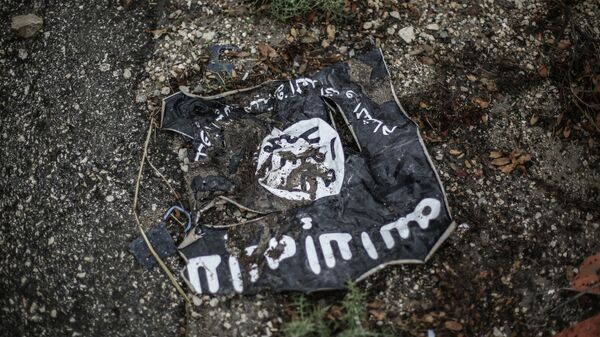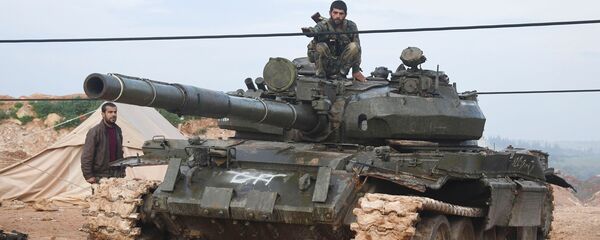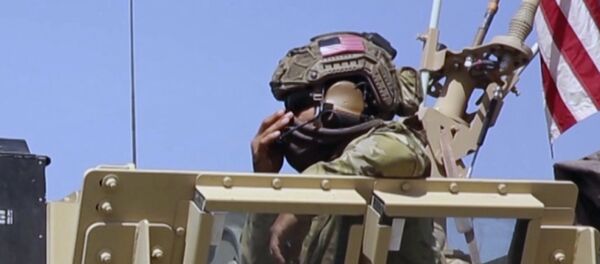After government forces recaptured West Mosul this month following almost of a year of fighting, Daesh extremists planted booby traps at schools, mosques and houses, with hidden explosives also cropping up all the way to the Kurdish autonomous region and the Plain of Nineveh.
Norwegian People's Aid anti-explosives project manager Craig McInally said, "The scale of contamination? There are kilometers and kilometers and kilometers of active devices, sensitive enough to be detonated by a child and powerful enough to blow up a truck."
Experts say that homemade explosives can be wired into everyday appliances like televisions and refrigerators and can be triggered by a door opening or a switch being flipped.
According to the United Nations Mines Action Service, roughly 1,700 people have been injured or killed by these explosives since clearing efforts began in October 2016. The service helps coordinate the clearing campaign.
Daesh hopes to keep infrastructure from being rebuilt and the government from retaking authority in the territory by targeting civilians, as the ensuing chaos can prevent stabilization efforts from taking shape.
Even when areas are swept for mines, the landscape can remain dangerous. One 12-year-old boy had his fingers blown off when he picked an object up from the ground that exploded in his hand while he was tending sheep a few weeks ago.
Thirty-seven-year-old villager Haskim Hazim, whose family is living in rented rooms in Qaraqosh and Erbil, said, "We don't know what is under the rubble."
"There's nothing here, no school, no medicine, no water — just as well … I hope other people come back. If they don't, then what?"
Two returning families were killed in the area in Qaraqosh when they struck a mine while driving a pickup truck.
The most common improvised explosive is called a "pressure plate," comprising one long plate connected to a positive lead, with another connected to a negative lead, separated by spacers. The device is detonated when the circuit closes after being struck.
McInally explained, "This is an industrialized assembly line. These are guys who are educated. They understand electronics."
The United Nations, NGOs and Kurdish and Iraqi officials are carrying out an anti-explosives campaign, with hundreds of people receiving lessons in mine-risk awareness from community liaison teams.





